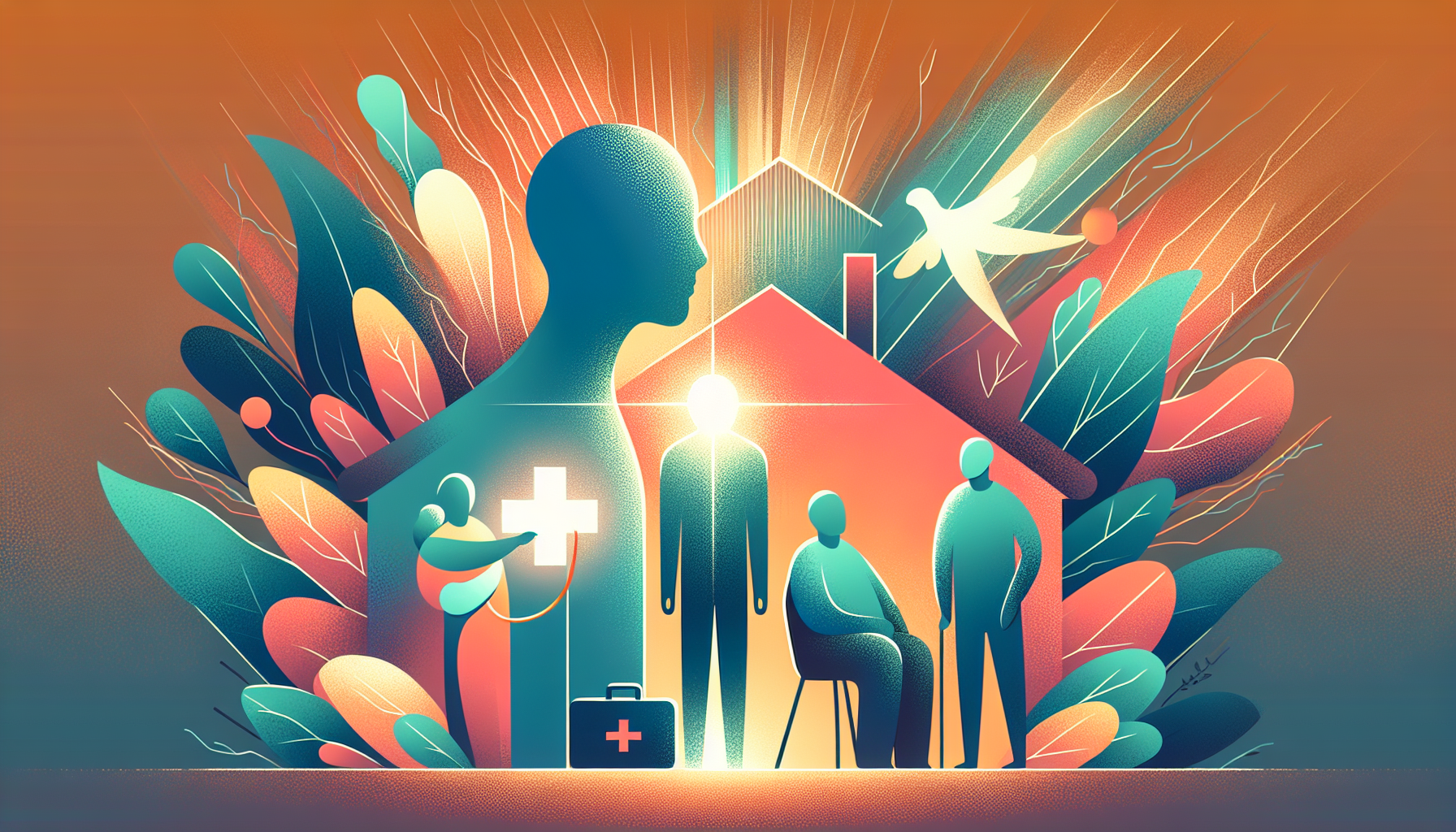For older adults who struggle with mobility issues or manage multiple chronic medical conditions, getting to the doctor's office can be a challenging task. Missed appointments and lack of necessary care can lead to serious health consequences. However, a growing trend in healthcare is making it easier for seniors to receive the medical attention they need – right in the comfort of their own homes.
What is Home-Based Medical Care?
Home-based medical care, also known as "doctor house calls," involves healthcare providers such as doctors, nurse practitioners, or physician assistants visiting and treating older adults in their homes. This innovative approach to healthcare delivery offers numerous benefits for seniors and their caregivers.
What is Home Hospital Care?
Post-Partum Care
Diabetes
Dehydration
Stroke Recovery
Post-Surgical Recovery
Blood Clot Treatment
Palliative Care
Benefits of Home-Based Medical Care
Convenience: Patients no longer need to worry about transportation or mobility issues when accessing healthcare services.
Personalized attention: Home visits allow providers to spend more time with patients, fostering stronger doctor-patient relationships and enabling more comprehensive care.
Improved medication management: Providers can review and adjust medications during home visits, ensuring proper usage and reducing the risk of adverse drug interactions.
Reduced hospital readmissions: Regular home-based care can help prevent complications and hospital readmissions by addressing health concerns early on.
Services Offered in Home-Based Medical Care
Home-based medical care encompasses a wide range of healthcare services, including:
Routine health exams and screenings
Chronic disease management (e.g., diabetes, heart disease, COPD)
Wound care and dressing changes
Medication management and reconciliation
Lab tests and diagnostic procedures
Palliative and end-of-life care
Is Home-Based Medical Care Right for You?
If you or a loved one is an older adult facing challenges in accessing traditional healthcare services, home-based medical care may be an excellent option. Consult with your primary care physician or local healthcare organizations to learn more about available programs in your area.
By bringing healthcare services directly to the patient's doorstep, home-based medical care is revolutionizing the way older adults receive medical attention. This growing trend not only improves access to care but also enhances the quality of life for seniors and their families.
Additional Resources:
The Bottom Line
This care model works best for patients with multiple chronic conditions who struggle with traditional office visits, offering longer consultation times and immediate diagnostic capabilities. Coverage through Medicare and most insurance plans makes it accessible for qualifying homebound individuals. If you're considering whether home-based care fits your medical needs, Doctronic can help you explore your options quickly.



